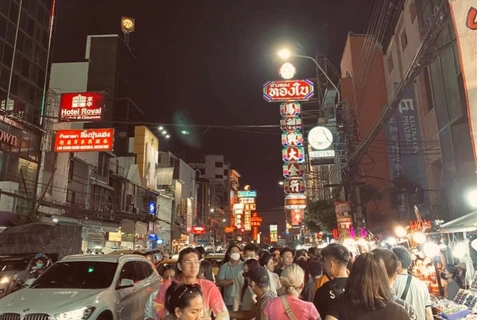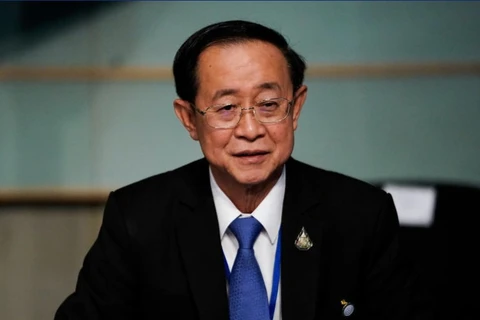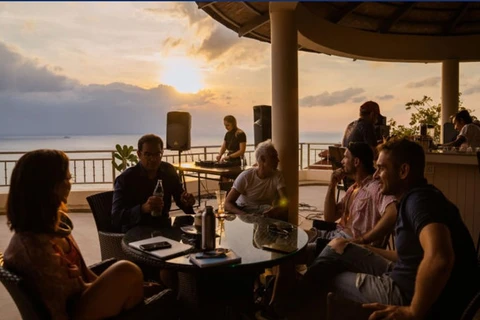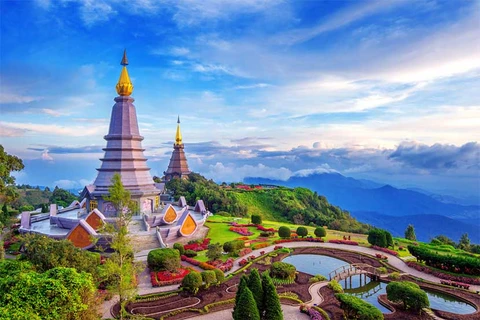Bangkok (VNA) - The Thai Organic Consumer Association (TOCA) is working with hotels in Phuket to initiate a food waste composting system, which is in line with the government’s Bio-Circular-Green Economic Model (BCG), in an effort to reduce increasing food waste in the context of tourism recovery in Thailand.
Arrut Navaraj, founder and president of TOCA, revealed that the association has developed a blockchain-based ecosystem connecting consumers including travellers, restaurants and hotels to a network of certified organic farmers across the country that meet bests practices in food and sustainability.
TOCA is seeking to expand its e-commerce platform to cover food waste which will be composted to become organic fertilizer for farmers, he added.
The association is working with the Phuket Hotels Association (PHA) to implement a pilot project encouraging hotels to transform organic waste into high-quality compost, which they can use for their gardens or sell it to farmers in the TOCA network, Navaraj said.
In addition to Phuket, TOCA is planning to partner with hotels on Samui Island and in Chiang Mai province to serve as models of the food waste ecosystem platform.
According to the Pollution Control Department of Thailand, food waste accounts for 64% of total waste in the country and nearly 40% of that food waste is still edible and of good quality.
There are various actions taken at the consumer level from delivering leftovers to those in need to freezing food, shopping smarter, and composting./.
Arrut Navaraj, founder and president of TOCA, revealed that the association has developed a blockchain-based ecosystem connecting consumers including travellers, restaurants and hotels to a network of certified organic farmers across the country that meet bests practices in food and sustainability.
TOCA is seeking to expand its e-commerce platform to cover food waste which will be composted to become organic fertilizer for farmers, he added.
The association is working with the Phuket Hotels Association (PHA) to implement a pilot project encouraging hotels to transform organic waste into high-quality compost, which they can use for their gardens or sell it to farmers in the TOCA network, Navaraj said.
In addition to Phuket, TOCA is planning to partner with hotels on Samui Island and in Chiang Mai province to serve as models of the food waste ecosystem platform.
According to the Pollution Control Department of Thailand, food waste accounts for 64% of total waste in the country and nearly 40% of that food waste is still edible and of good quality.
There are various actions taken at the consumer level from delivering leftovers to those in need to freezing food, shopping smarter, and composting./.
VNA
























